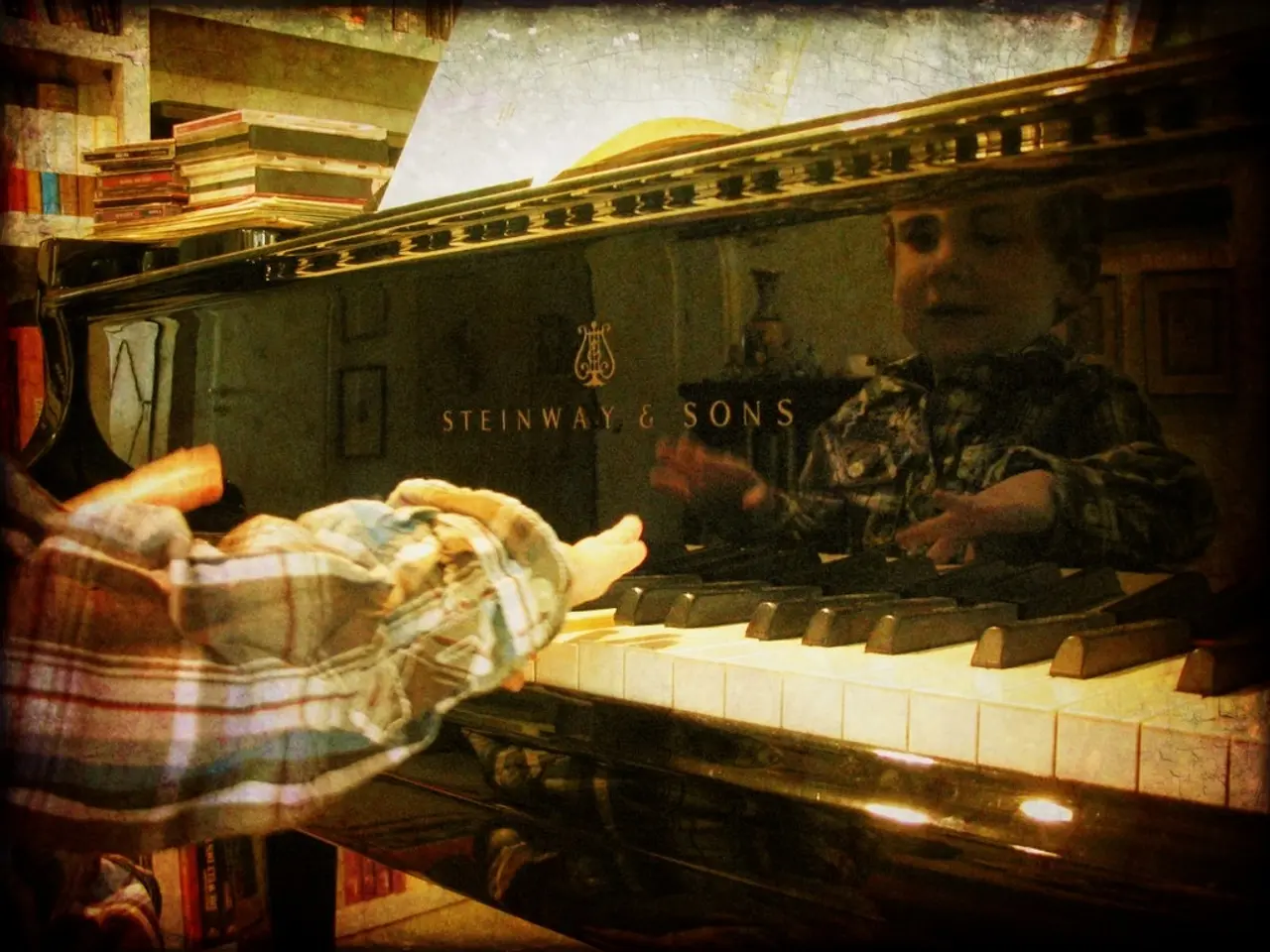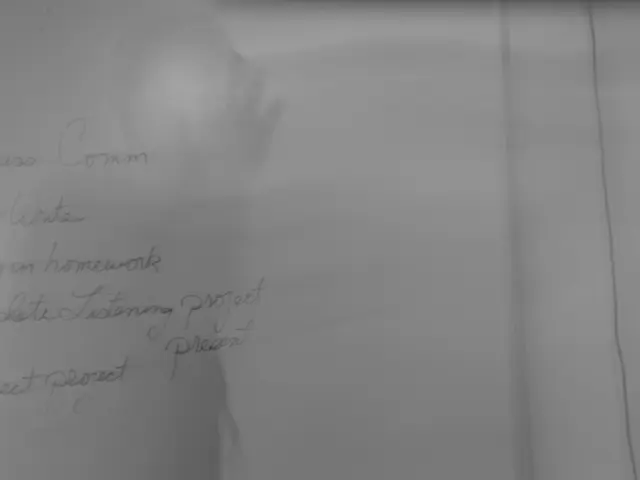Quest for the Ideal Age to Initiate Piano Instruction for Children
Starting Piano Lessons: A Guide for Parents
The optimal age for children to start piano lessons is a topic of debate, but research suggests that around 5 to 7 years old, typically about age 6, is the ideal age range. At this age, children’s motor skills, attention span, and cognitive functions have developed enough to support formal learning.
Key factors influencing this recommendation include:
- Motor Skills Development: By age 5 or 6, children's hands and fingers are usually developed enough to press separate keys independently, an essential physical requirement for piano playing.
- Attention Span and Cognitive Function: Around 6 years old, children can maintain focused attention for longer durations (20–30 minutes), follow complex instructions, and retain lesson content from week to week, which is critical for structured lessons and progressing technically.
- Child’s Readiness: Readiness varies individually; some children may engage with informal, playful musical activities earlier (ages 1–4) to develop familiarity and interest, but formal lessons with serious technique are best started when a child shows consistent interest, physical ability, and focus.
- Early Exposure: Informal exposure to piano music (listening, playful interaction with piano toys) can start from infancy up to about age 3 to build a musical foundation but should be integrated with play rather than formal lessons.
Group lessons can be beneficial for younger children, providing a social environment and a sense of camaraderie. However, it's important to minimize strictness and focus on knowledge, beginning with basics and gradually adding complexity.
Cognitive function, including problem-solving skills, plays a role in piano learning. Younger children may have limited understanding of concepts such as rhythm and time, making piano learning more challenging. Fine motor skills and hand-eye coordination are also important for playing the piano, and very young children who have not fully developed these skills may find it difficult to learn.
Older children, around six or seven years of age, have an improved ability to pay attention to music lessons, including reading sheet music and understanding the basics of music theory. Hand size and physical development are also important factors in piano learning, as the action of playing the piano requires the use of fingers and arms. Children with small hands may find it difficult to stretch across the keyboard, especially when playing more advanced pieces.
When starting piano lessons with young children, it's essential to support their development with consistent, short daily practice sessions (10-20 minutes initially). Adult involvement can play a significant role in young beginners’ success.
Choosing the piano as a child's first musical instrument can improve cognitive ability, problem-solving skills, and create a lifelong music lover. If you're looking for exceptional piano lessons in London or online worldwide, consider WKMT.
[1] Child Development Institute
[2] Piano Lessons for Young Children
[3] The Right Age to Start Piano Lessons
[4] The Best Age to Start Piano Lessons
[5] The Best Age to Start Piano Lessons






